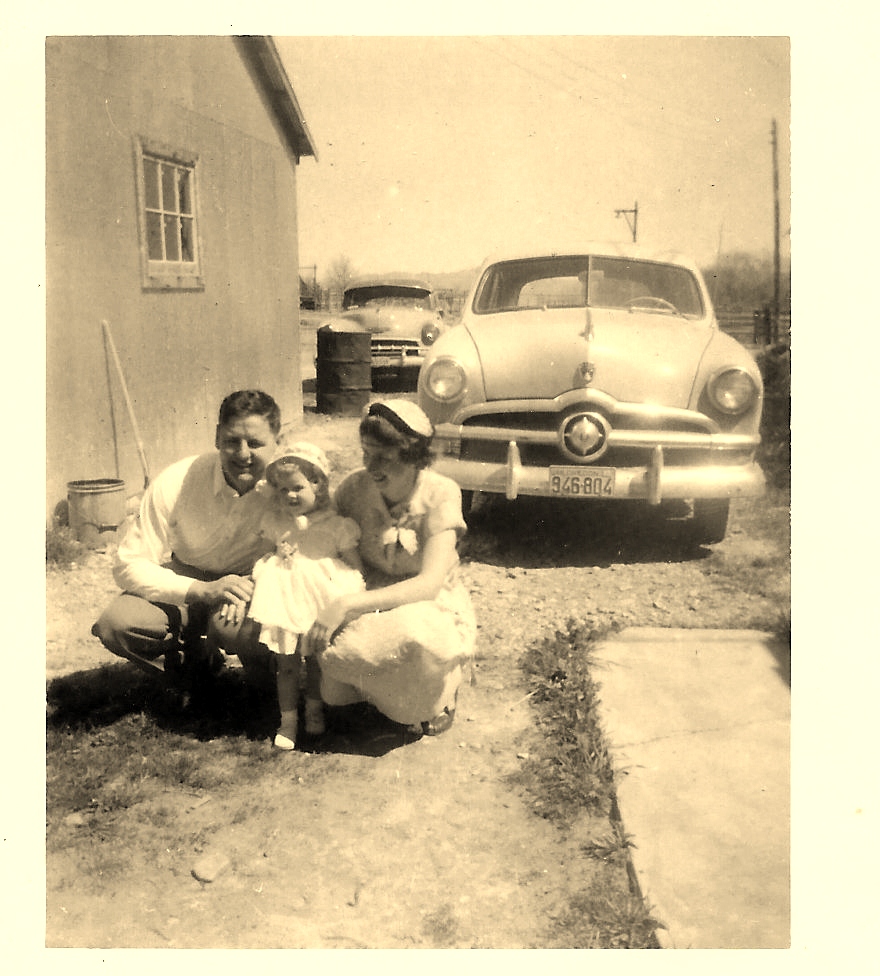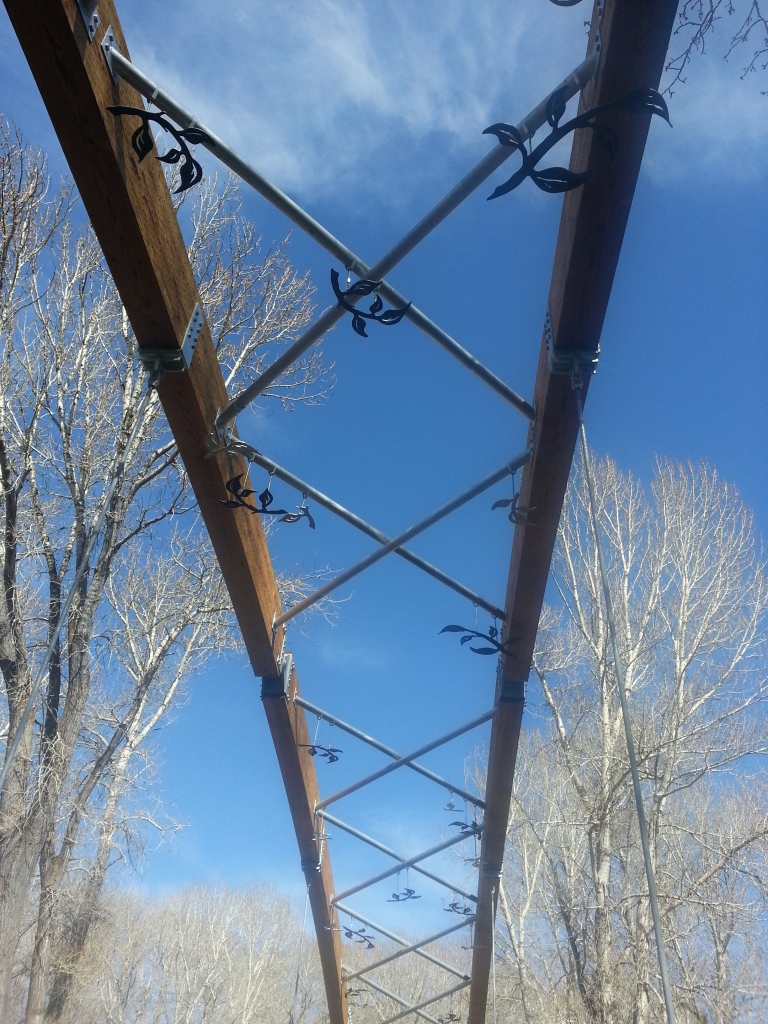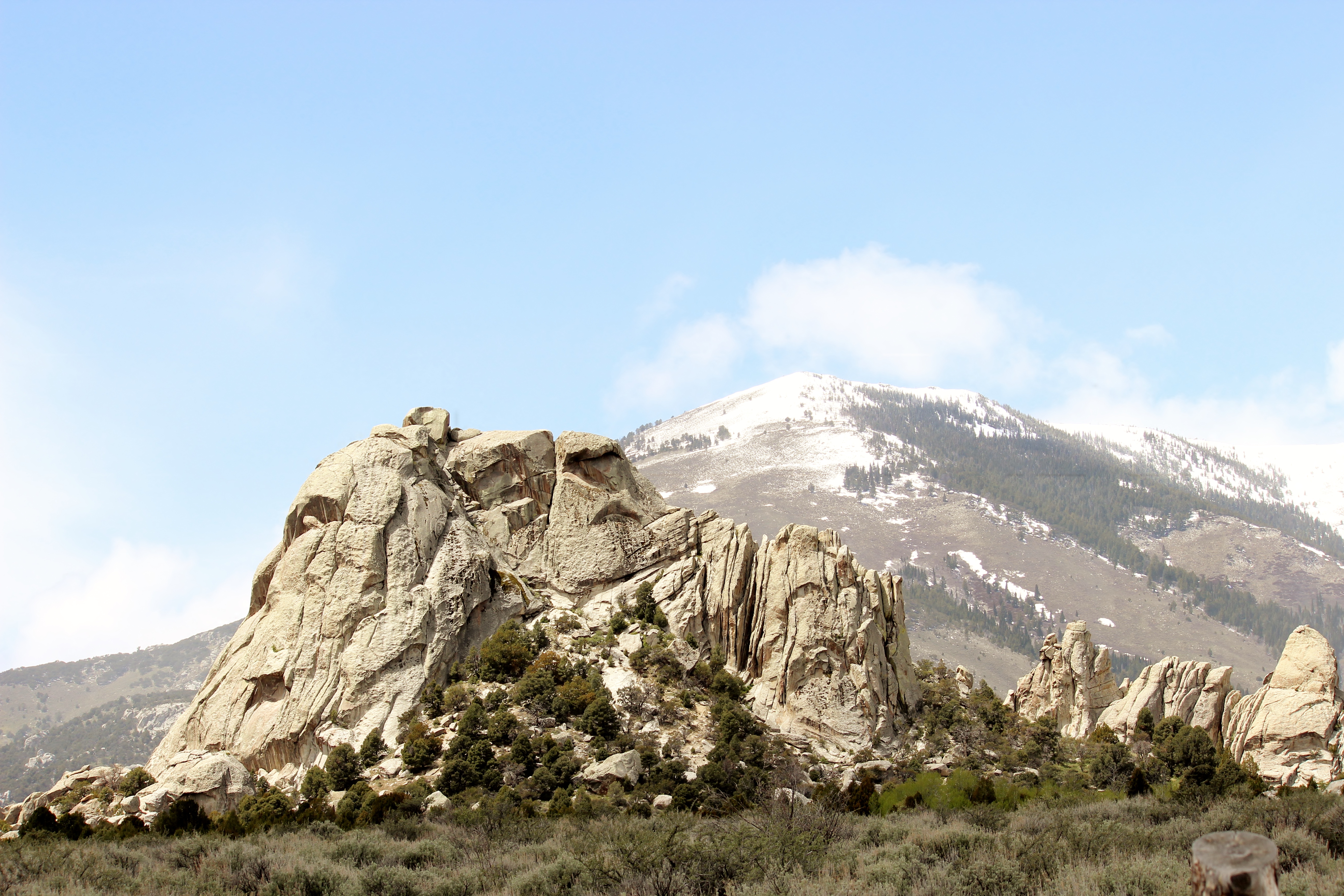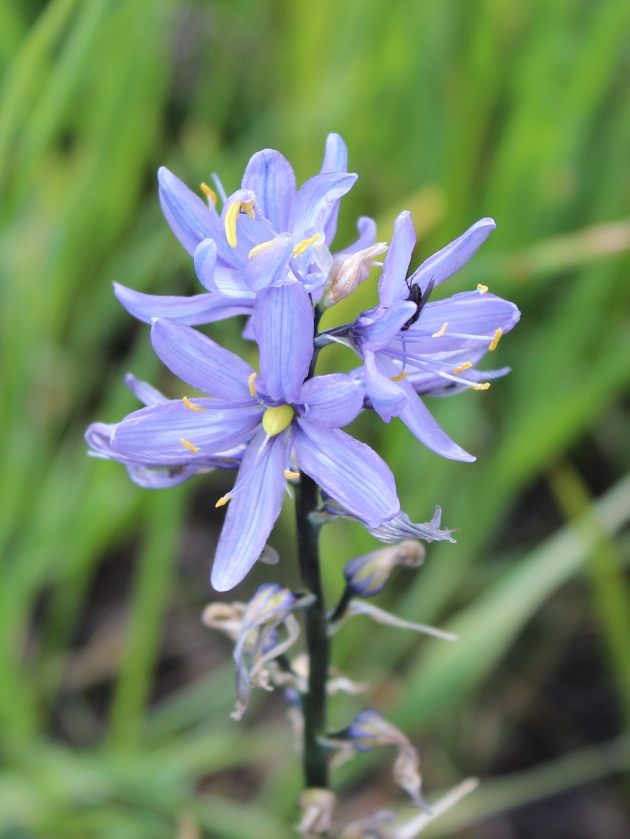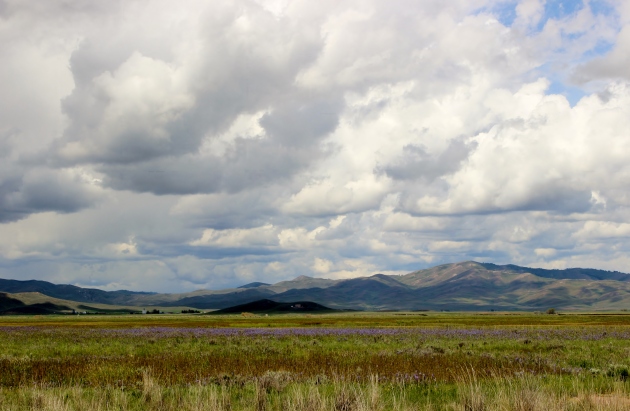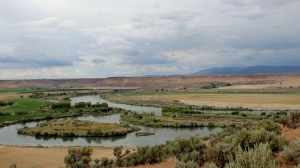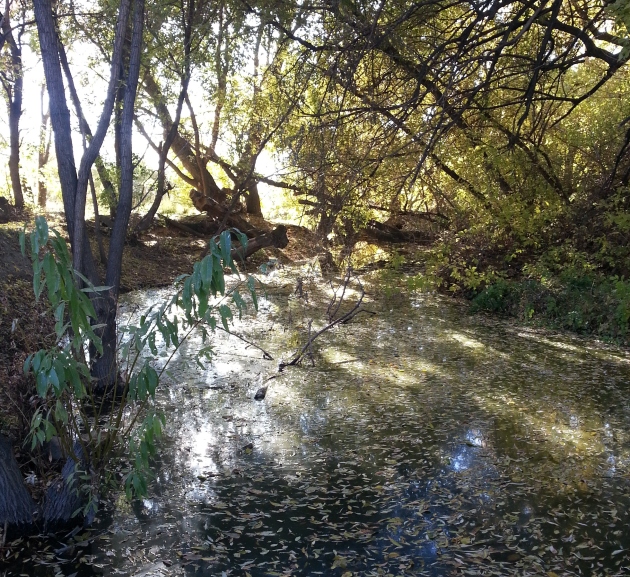Seventh Wife
January 7, 2021 2 Comments

Wagon canvas
whipped and flapped
as unrelenting wind
and rain assaulted
the desolate camp
at Winter Quarters.
Inside, bereft of mother comfort
(her own mother only
five days in the grave)
23-year-old Sarah Houston Pratt—
after surviving the winter
on cracked corn—
gave birth to four-pound
infant daughter Julia,
tenth child of apostle Parley P. Pratt,
a missionary in far-off England.
“O God, where art thou?”[1]
Sarah may have wondered.
But two months later,
her shoulders squared,
she, Parley,
and his seven other
wives were on their way
to the Great Salt Lake,
faith still intact
and Sarah driving a wagon
with her babe behind her
in a padded box.
While Parley answered
call after call to
spread the Word
to all the world,
steadfast Sarah
eschewed communal living
for a secluded farm
near Salt Lake
where she spun
and toiled and
waited,
ever waited.
Note: Sarah Houston Pratt is my great great grandmother
[1] Doctrine and Covenants 121:1

